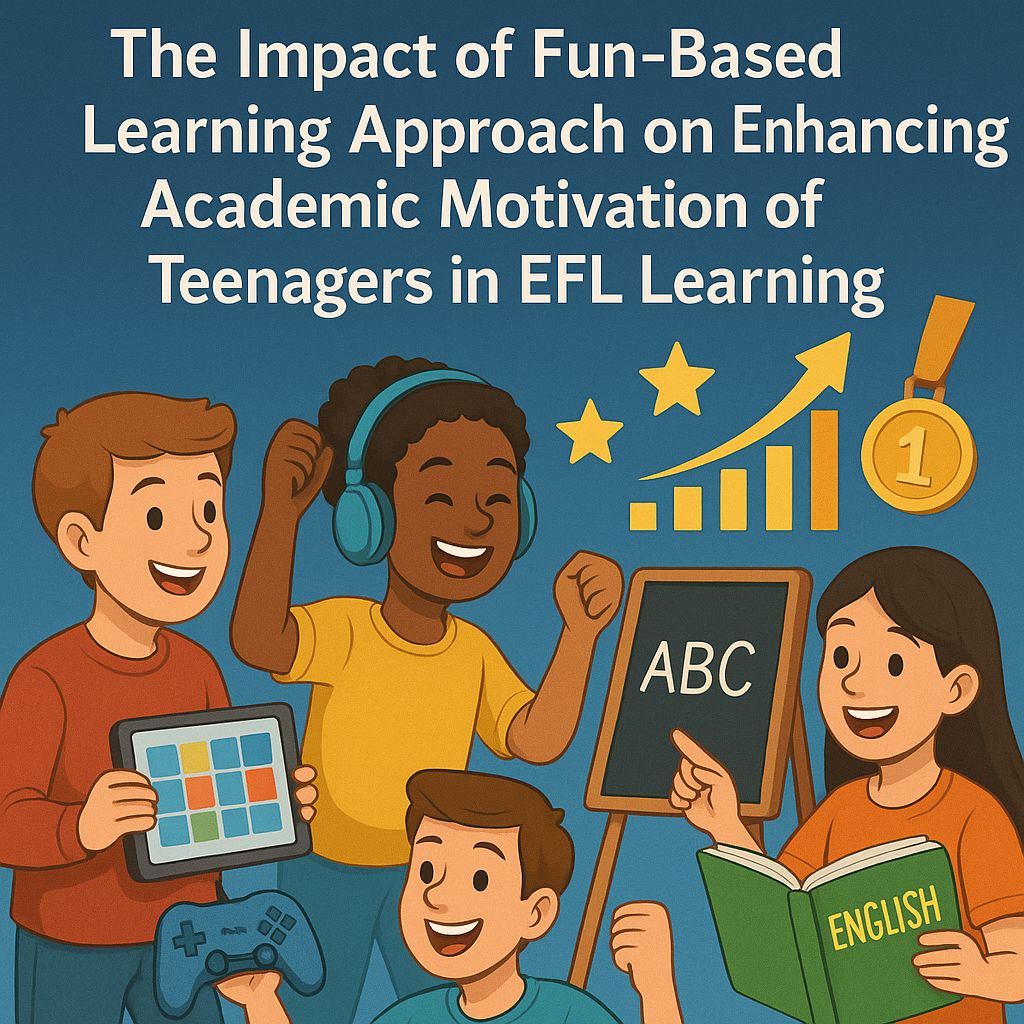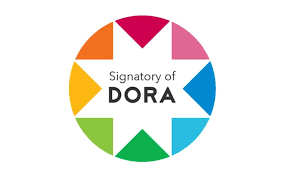The .
DOI:
https://doi.org/10.56124/sapientiae.v8i17.009Keywords:
Fun teaching approach; academic motivation; methods, strategies, intrinsic motivation; extrinsic motivation; amotivation.Abstract
.
Downloads
References
Algharaibeh, S. S. (2021). The construct of validity if Vallerand´s accademic motivation scale (AMS). Educational Research International, 1, 1-9.
Ali, S. B., & Mukhtar, F. b. (2017). A Case study of Fun Learning with numeracy of preschoolers. International Journal of Early Childhood Education Care, 7(1), 51-58.
Bukit, S., & Marcela, E. D. (2023). Teacher's Strategy to Create Fun Learning in Elementary School. Journal Corner of Education, Linguistics, and Literature, 2(3), 244-249.
Bustam, B. M., Iswanto, Arqam, L., Juliani, W. I., & Khairi, A. N. (2021). The Effectiveness of Fun Learning Approach in Arabic Learning. Jurnal Al Bayan: Jurnal Jurusan Pendidikan Bahasa Arab, 13(2), 286-304.
Irwansyah, R., & Izzati, M. (2021). Implementing Quizizz as Game Based Learning and Assessment in the English Classroom. Tefla Journal, 3(1), 13-18.
Kotera, Y., Taylor, E., Fido, D., Williams, D., & Tsuda-McCaie, F. (2023). Motivation of UK graduate students in education: self-compassion moderates pathway from extrinsic motivation to intrinsic motivation. Current Psychology (2023) 42:(42), 10163–10176.
Koteran, Y., Cronway, E., & Green, P. (2023). Construction and factorial validation of a short version of the Academic Motivation Scale (AMS). British Journal of Guidance Counceling, 51(2), 274-283.
Mundiri, A., Baharun, H., Soniya, H., & Hamimah, S. (2022). Early Childhood Behavior Management Strategy based on Fun Learning Environment. Jurnal Obsesi : Jurnal Pendidikan Anak Usia Dini, 6(4), 2583-2595.
Ryan, R. M., & Decci, E. L. (2020). Intrinsic and extrinsic motivations from a self determination theory, practices and future directions. Contemporary educational psycology, 61, 101-860.
Sivrikaya, A. H. (2019). The Relationship between Academic Motivation and Academic Achievement of the Students. Asian Journal of Education and Training, 5(2), 309-315.
Stover, J. B., de la Iglesia, G., Rial, A., & Fernández, M. (2012). Academic Motivation Scale: adaptation and psychometric analyses for high school and college students. Psychology Research and Behavior Management(5),71–83.
Suraji, S., Ahmad, A. R., Awang, M. M., Mamat, N., & Seman, A. A. (2018). Fun Learning Approaches in Enhancing Patriotism Values among Preschool Children Awang, M. M., Mamat, N., & Seman, A. A. International Journal of Academic Research in Business and Social Sciences, 8(8), 152–158.
Vallerand, R. J., Pelletier, L. G., Blais, M. R., Brière, N. M., Senécal, C. B., & Vallières, É. F. (1993). Academic Motivation Scale High School Version (AMS-HS 28). Educational and Psychological Measurement, 52 and 53.
Wati, I. F., & Yuniawatika. (2020). Digital Game-Based Learning as A Solution to Fun Learning Challenges During the Covid-19 Pandemic. Advances in Social Science, Education and Humanities Research, 508, 202-210

Published
How to Cite
Issue
Section
License
Copyright (c) 2025 Revista Científica Multidisciplinaria SAPIENTIAE. ISSN: 2600-6030.

This work is licensed under a Creative Commons Attribution-NonCommercial-ShareAlike 4.0 International License.

2.jpg)


















